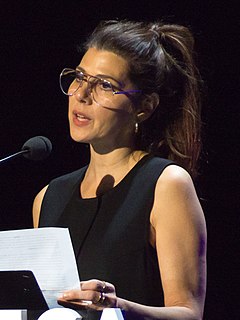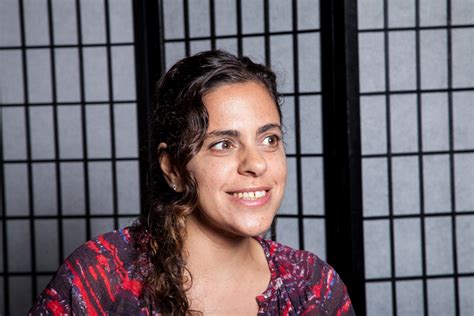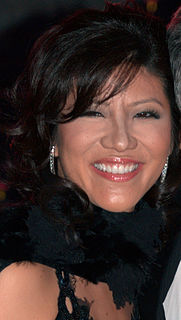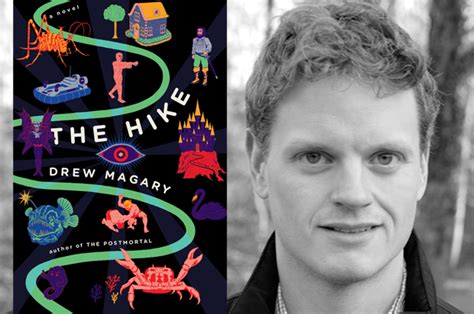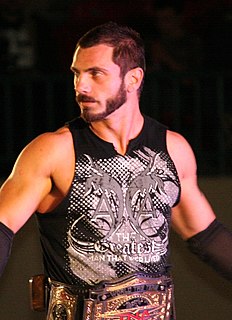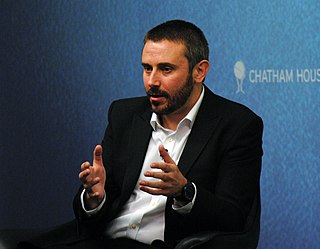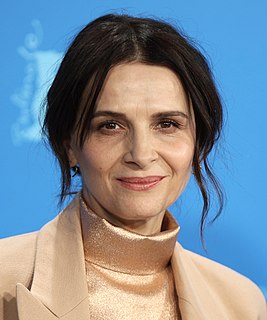A Quote by Marisa Tomei
Letting journalism be from the perspective of the journalist. It's usually a no-no, and journalists are encouraged to be completely objective.
Quote Topics
Related Quotes
I posted some story about the Arizona State baseball coach getting into a fight with an autograph hound, and it was a disastrous thing. The guy rescinded his story. It proved to me that I'm not cut out to be a proper journalist. I'm much better sitting around and making fun of journalists and telling them what terrible journalists they are than being an actual journalist.
I figure no matter what interview I do, the real good 'journalists' are going to find the completely irrelevant quotes that will drum up some controversy and stick it on their page to get some clicks and completely miss the real context of what the interview is about. That's what we do nowadays and call it 'journalism.'
Every journalism bromide - speaking truth to power, comforting the afflicted, afflicting the powerful - that otherwise would be hopelessly sappy to a journalist of any experience, has become a Twitter grail. The true business of journalism has become obscured because there is really no longer a journalism business.
